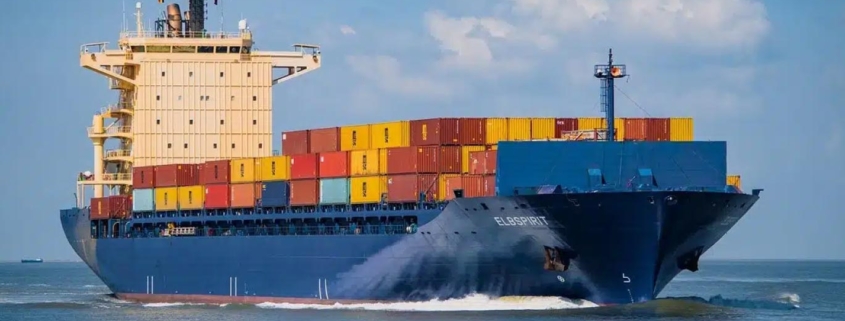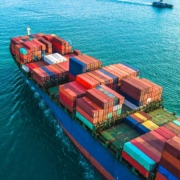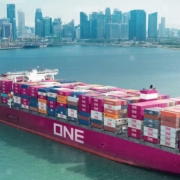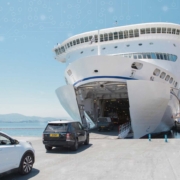Maritime Safety: Keys for the Prevention and Management of Fires on Container Ships
Fires on container ships pose a significant threat to maritime safety. Recognizing this issue, experts from around the world have gathered at the headquarters of the International Maritime Organization (IMO) in London to enhance strategies for prevention, detection, and containment of these incidents.
The Importance of Formal Safety Assessment in Maritime Safety
In an effort to strengthen safety and mitigate risks, a critical meeting of the Expert Group on Formal Safety Assessment (FSA) has been conducted to examine and review the CARGOSAFE study. This study is essential in assessing the risks associated with fires in the cargo spaces of container ships.
The CARGOSAFE Methodology and Its Impact
CARGOSAFE focuses on measuring the effectiveness of preventive and firefighting measures on container ships. The methodology follows IMO guidelines and adopts a holistic approach to address risks, emphasizing prevention and mitigation.
The Role of Experts in Maritime Safety
Approximately 25 specialists, under the leadership of Koichi Yoshida (Japan) and Therese Christensen (Denmark), have evaluated whether the study complies with updated FSA guidelines, ensuring that the recommendations are robust and practical.
Next Steps in Fire Safety on Container Ships
The results of this meeting will be presented at the upcoming session of the Ship Systems and Equipment Subcommittee (SSE) with a view to developing amendments to the SOLAS Convention and the SSCI Code. With a target set for 2025, these improvements aim to strike a balance between safety, environmental protection, and operational costs.
The meeting is just one step in an ongoing process to enhance maritime safety. It is anticipated that future sessions of the SSE Subcommittee and collaboration with the CCC Subcommittee will shape the next phases of developing more robust and effective regulations in the fight against fires on container ships.
Safety in Shipping and Maritime Logistics Companies: Why is it Important?
While safety on board container ships is critical, safety in shipping and maritime logistics companies is equally essential. These companies are responsible for ensuring the implementation of safety practices from the point of origin to the final destination.
Implementing Safety Strategies in Maritime Logistics
Shipping companies play a crucial role in implementing safety recommendations. Through the adoption of advanced technologies and personnel training, these organizations can ensure early risk detection and a rapid response to emergencies. Here are some of the few actions that companies can engage in to implement safety strategies.
- Technology and Innovation in Fire Prevention: Investment in technology is vital for fire detection and prevention in the logistics chain. If companies equip with the latest safety and fire detection systems, it increases the safety for cargo and container ships.
- Training and Safety Awareness: Equally important is ongoing staff training. Companies must prioritize safety and fire response training, creating a safety culture that permeates all levels of the operation.
- Integration of Safety Guidelines into Daily Operations: Compliance with maritime safety guidelines is non-negotiable. Logistics companies must integrate best practices into their daily operations, ensuring that safety measures are an intrinsic part of the maritime supply chain.
For more news about maritime industry, visit our blog.









